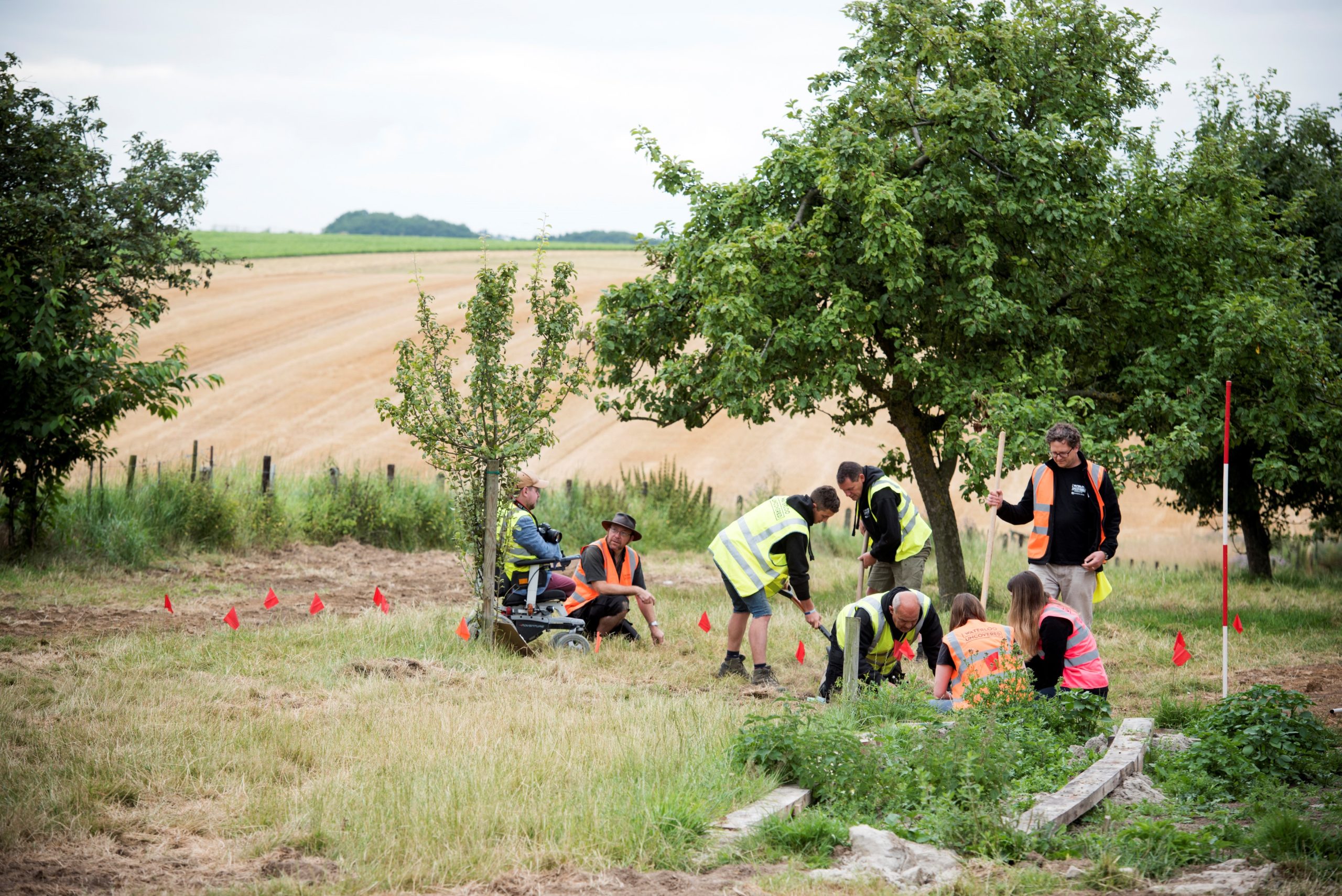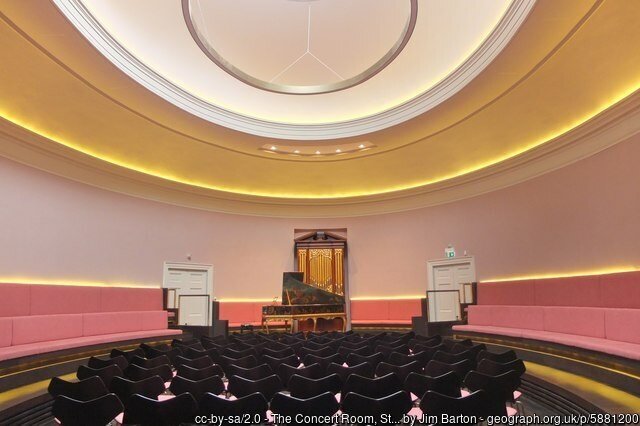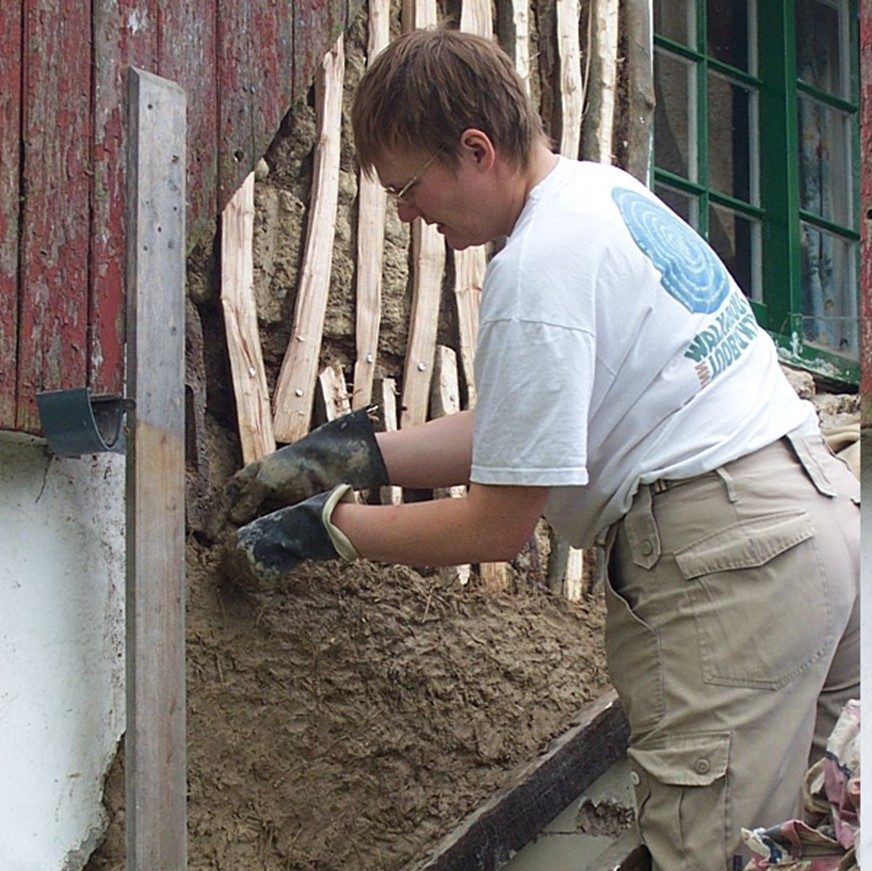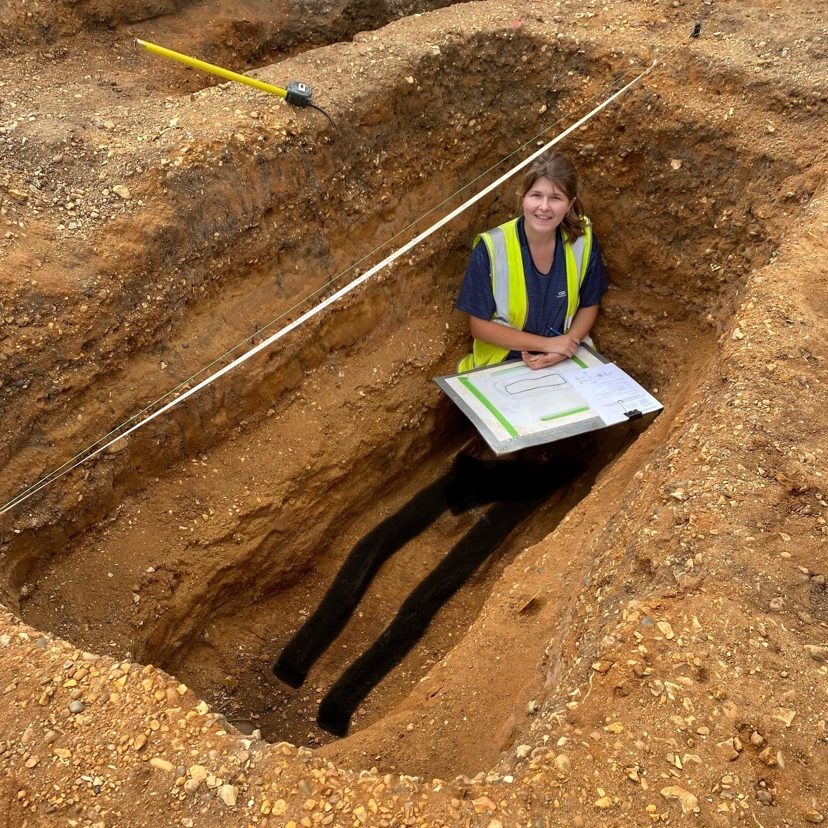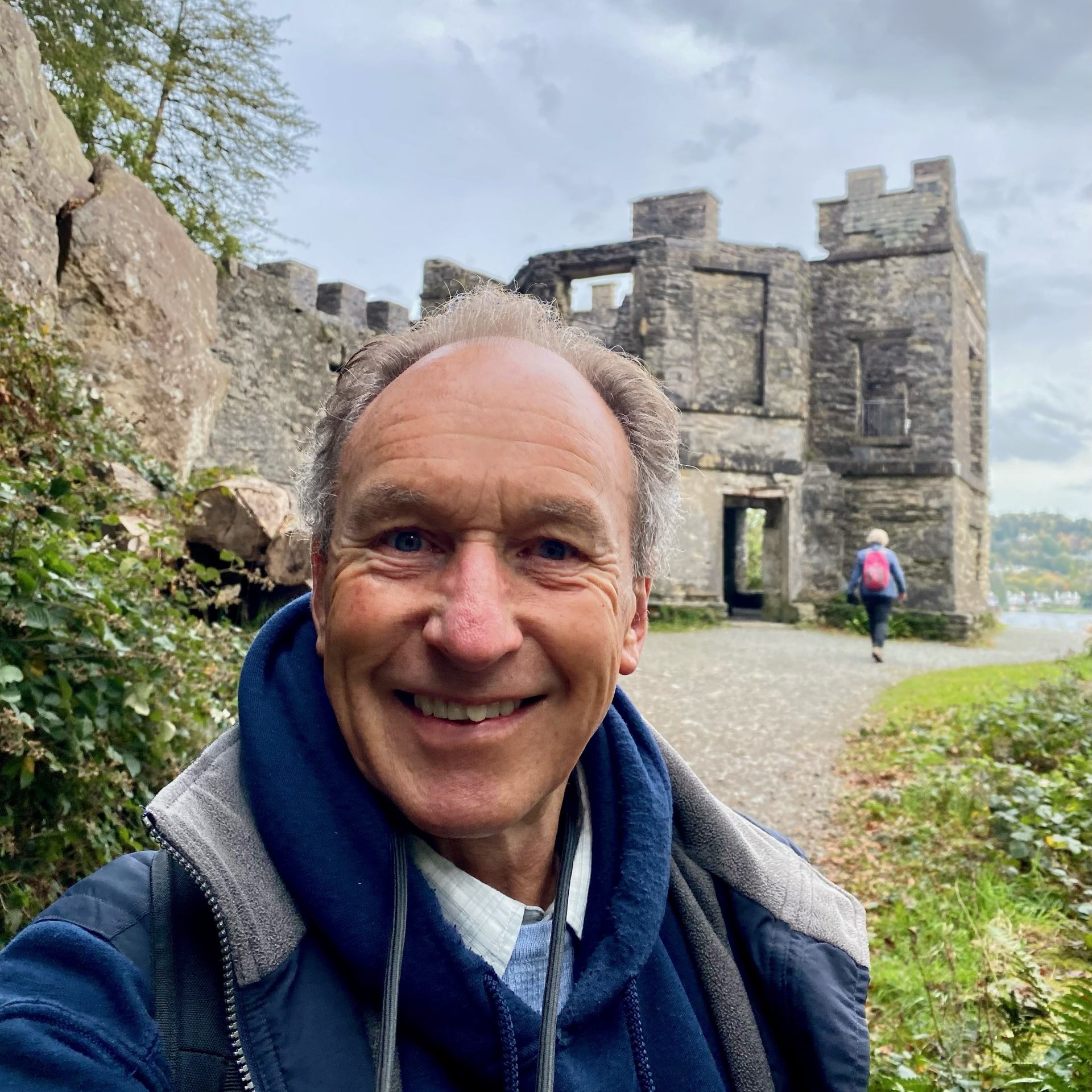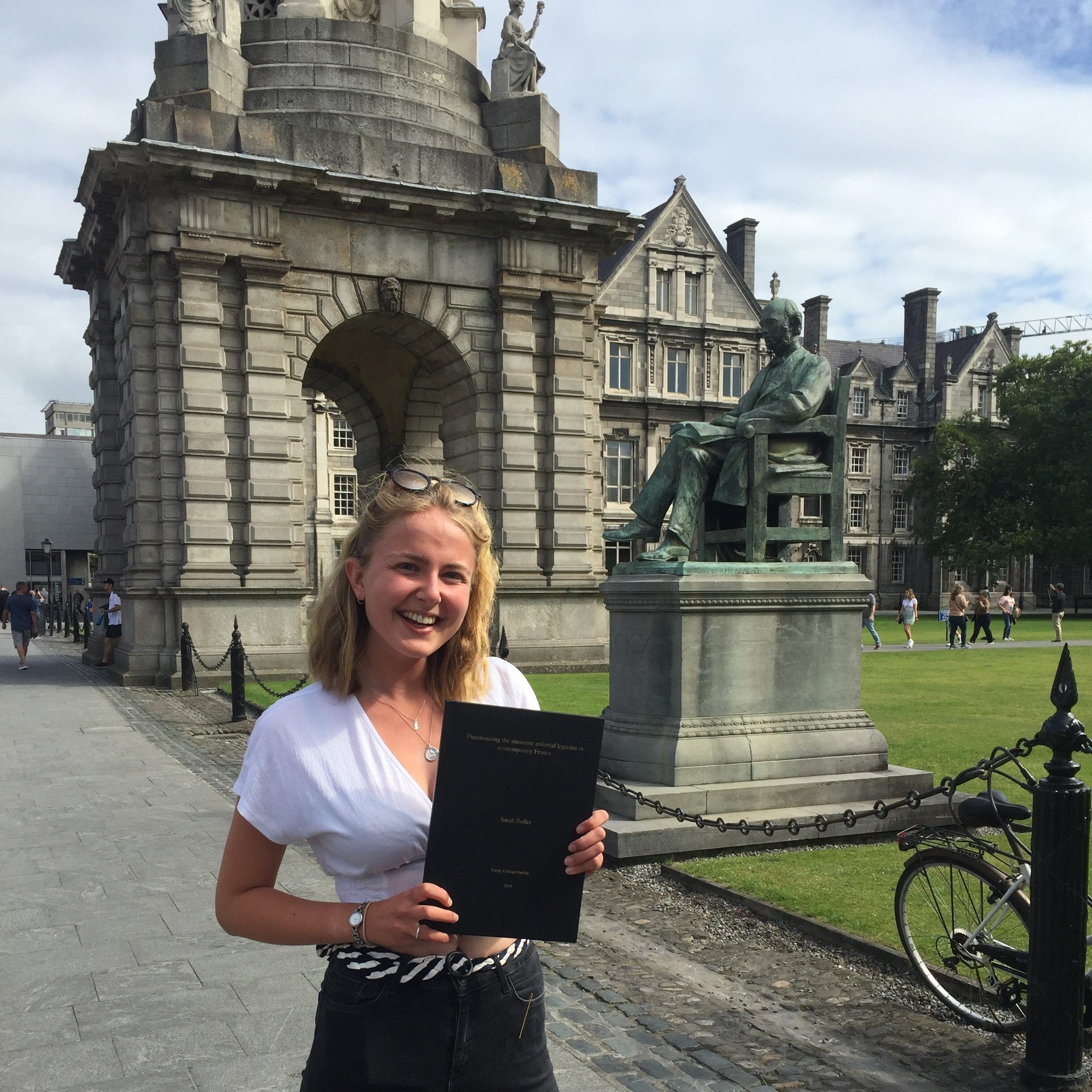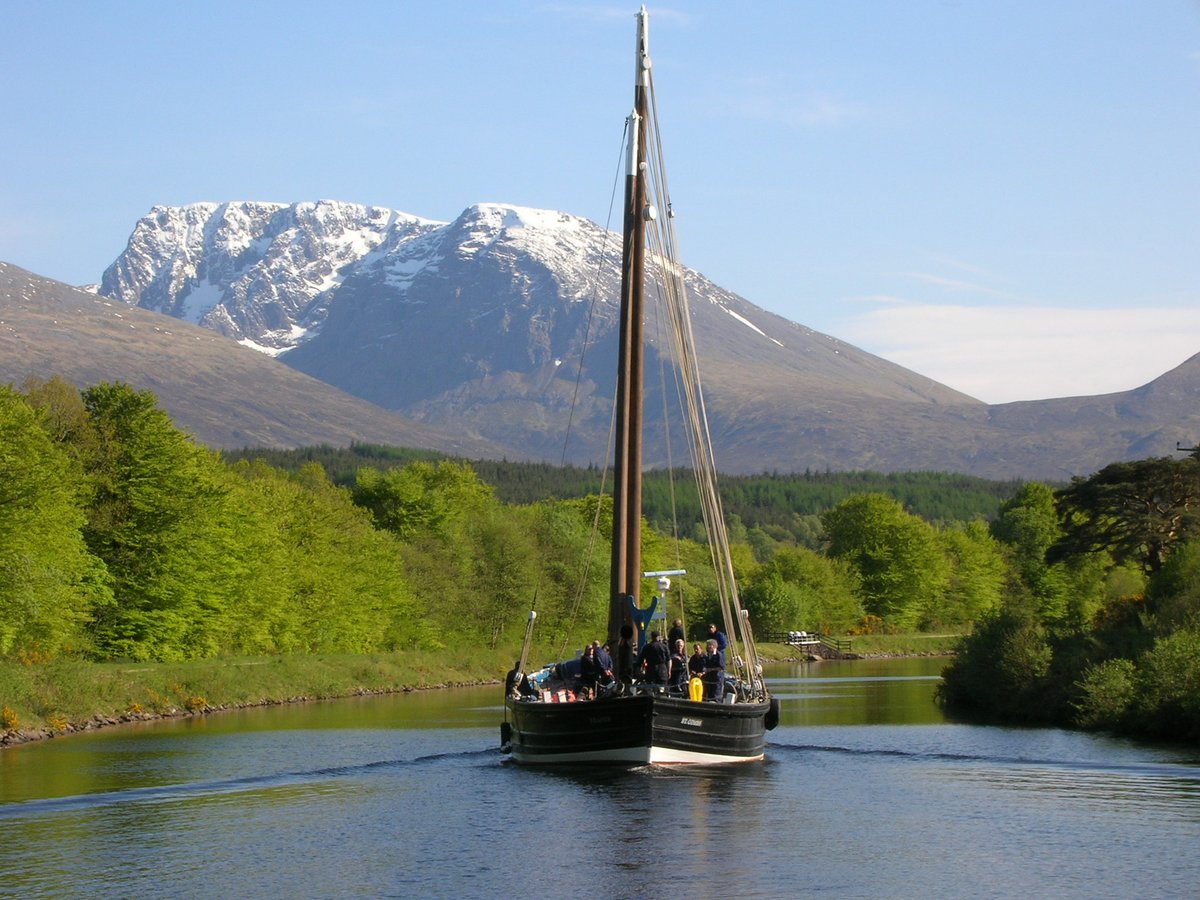Heritage Debate 2023 has Concluded. Thank You to All Who Joined!
Stay Tuned for More Details on Heritage Debate 2024!
Tickets were free for Alliance Members, £5 for concessions and £8 for General Admission.
Reflections on Heritage Debate 2023
On Wednesday 15 November, The Heritage Alliance’s annual Heritage Debate drew a crowd of up to 182 participants and stimulated a lively discussion on the key challenges facing careers in heritage in 2023. For the theme of “Careers at a Crossroads: How Can We Futureproof the Heritage Workforce?”, a panel of experts representing different streams of the sector workforce explored how careers in heritage can be made viable and rewarding into the future. They discussed improved pay, diversity and inclusion, promotion of heritage skills, supporting volunteers, and early career pathways, as well as reflecting on the strengths of the heritage sector and the passion and generosity of its people. Panellists found significant common ground and interplay between the issues covered, with pay and conditions ultimately being elected the most important priority.
‘Rewarding,’ ‘interesting,’ and ‘challenging’ were the three most commonly used words to describe a heritage career by participants. ‘Exciting’, ‘undervalued’, ‘fulfilling’ and ‘frustrating’ were other commonly used words, reflecting a collective recognition of both the benefits and obstacles that come with a career in our sector.
Hosted by the Alliance’s Acting Chair Dr Ingrid Samuel OBE, the Debate saw five expert panellists make their case for the most pressing issue currently facing the workforce:
- Louise McAward-White, Co-Founder of Fair Museum Jobs advocated for improving pay and conditions. In her closing statement she said, “Your budget is a moral document. If you’re not spending your money on your people, what does that say about your organisation?”
- Izabella Maar, Heriot Watt Graduate and Heritage Trainee at the Heritage Trust Network advocated for creating early career pathways and opportunities for students and graduates. She stated “"We need better communication between heritage organisations and universities as there seems to be a disconnect between what's available and what's needed.”
- Tamsin Russell, Workforce Development Lead at the Museums Association and Executive Trustee at the Heritage Volunteering Group advocated for supporting and encouraging volunteers. She said "Volunteering provides richness, relevance and inspiration... it can develop and grow individuals without having to partake in expensive courses."
- Karis Morris-Brown, Workforce Development Manager at Black Cultural Archives advocated for widening access to heritage careers and advancing inclusion in the workforce. She argued, "If the sector is serious about widening access and inclusion, it doesn't stop with entry to the workforce, there is a responsibility to ensure there is equity for all throughout their careers."
- Rob Woodside, Estates Director at English Heritage advocated for keeping traditional skills alive through apprenticeships, training programmes and life-long learning. He argued "We need to transform how we encourage young people to take up careers in traditional building skills.
The event also featured research insights from Ecclesiastical Insurance, which found that heritage organisations are currently concerned with the cost-of-living crisis, volunteer shortages, and staff recruitment and retention. The top three potential solutions identified by organisations participating in the study were youth engagement at an education level, greater skills training and apprenticeships, and increased pay.
Once all views were heard, participants voted for which of the cases they found the most persuasive. 36% of the nearly 150 attendees voting voted for improved pay and conditions to be the most important priority, with early career pathways, keeping skills alive, and widening access and inclusion all receiving around 20% of the vote.
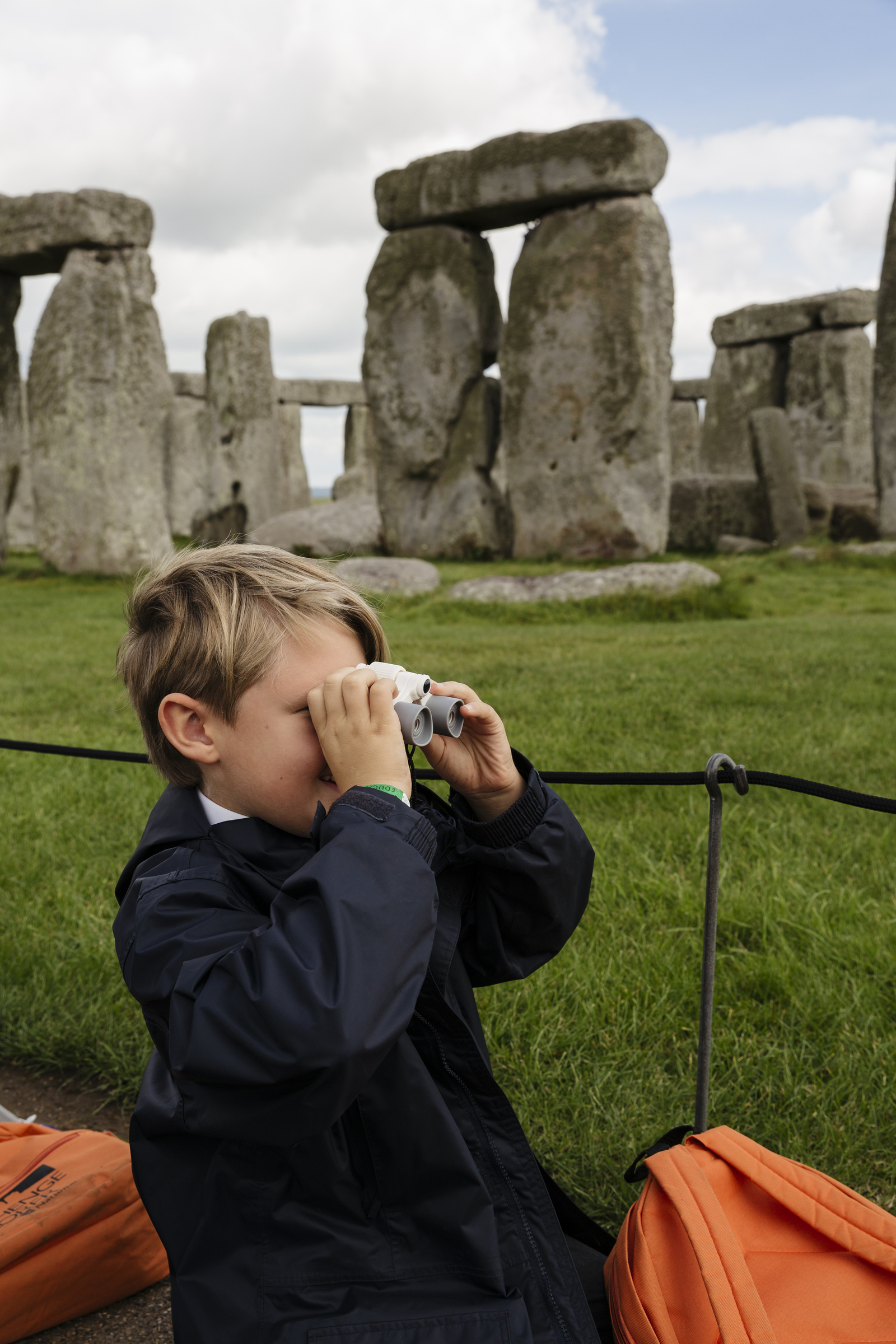


Format and Programme
Each year, The Heritage Alliance’s Heritage Debate offers the chance for all those interested in heritage to come together and explore key challenges facing the sector. Heritage Debate brings sector leaders, professionals, volunteers and students together for cross sector insight, connection and to find solutions to key challenges facing the sector.
At this online debate, a panel of experts, representing different streams of the sector workforce, each made the case for a key priority area needed to secure a viable future for heritage careers. From apprenticeships to trustee positions (and every role in between), we asked where the heritage sector needs to focus efforts to make heritage a viable and rewarding career choice. The debate explored career pathways, volunteering, fair pay and progression, access and inclusion, youth engagement, and much more. Attendees were invited to share their own career experiences via a word cloud and had the opportunity to vote on the outcome of the debate. We also explored research insights into heritage careers from the Ecclesiastical team, and highlights from our 'letters of advice' blog series.
This event was generously sponsored by Ecclesiastical Insurance and was open to all those interested in the future of heritage.
Meet the Panelists
The debate explored five expert perspectives on the most pressing area of need in heritage careers:
- How to create early career pathways and opportunities for students and graduates
- How to support and encourage volunteers as a core component of the sector
- How to widen access to heritage careers and advance inclusion in the workforce
- How to keep traditional skills alive through apprenticeships, training programmes and life long learning
- How to improve pay and conditions to improve recruitment and retention


Letters of Advice
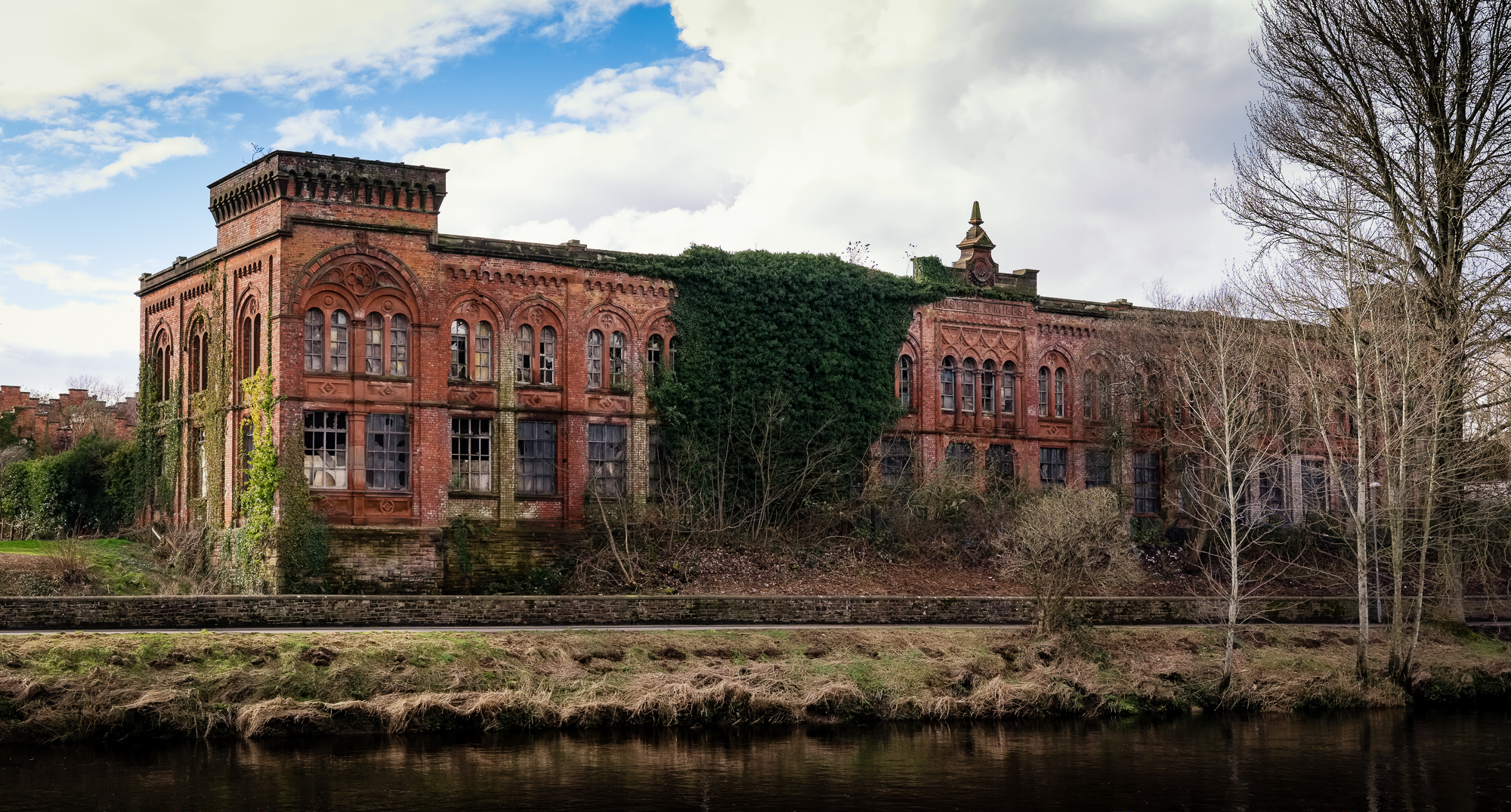
Our Event Sponsors

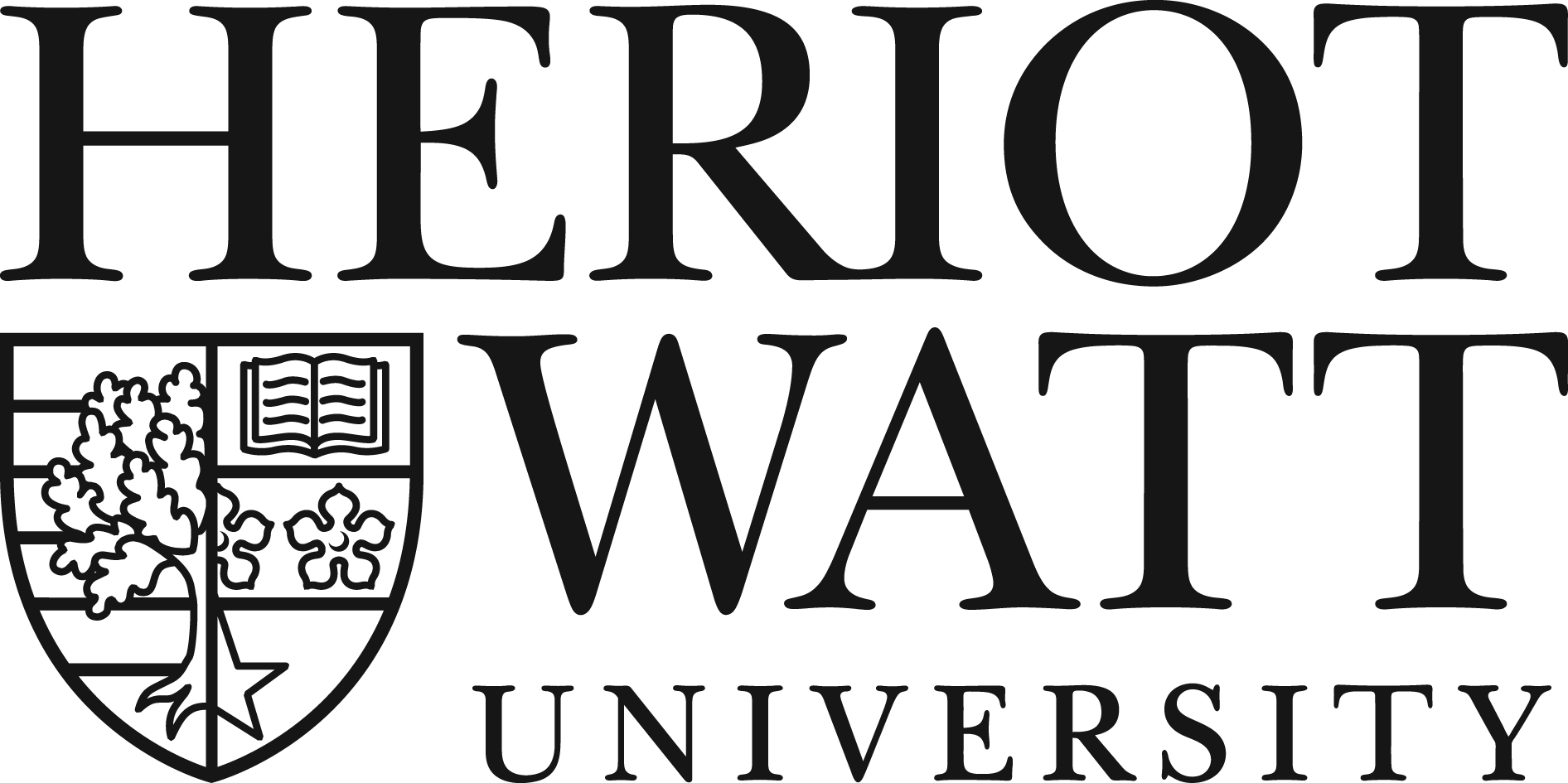
Our Supporters & Media Partners
Further Ways to Get Involved
Support Heritage Debate
